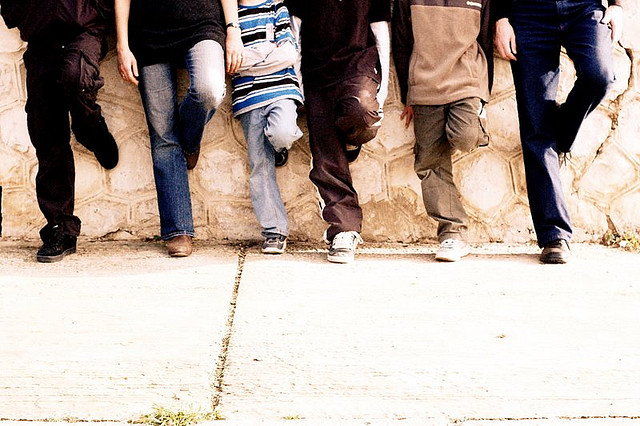
As your children grow into teens and young adults, there will be some difficult yet important conversations you will need to discuss with them—addiction being one of them. Even if no one in your family struggles with an addiction, it’s still important that everyone understands its risks and realities, as well as the opportunities for recovery. Here are some ways that you can explain addiction to your family.
Educate Yourself
The most important place to start when considering how to best bring up addiction to your family is to ensure that you are educated yourself. Read articles, conduct well-rounded research online or connect with a mental health professional for material. Be sure that you’re sharing correct, appropriate and helpful information with your family.
Choose the Right Time
Image Jack Fussell
Sometimes, timing is everything. If possible, it’s a good idea to plan ahead and schedule a time when your family can discuss a serious and weighted topic like addiction without any distractions. This ensures that there is an opportunity for dialogue and questions. Don’t forget to keep the conversation age appropriate and avoid using too much jargon.
Choose Compassion Over Accusations
It’s important to start these conversations from a place of compassion rather than accusations. Don’t start teaching your teen about addiction because you “know” or are “sure” of what kind of trouble they’ll get into one day. Instead, choose to express your concern for your child’s well-being to them.
If Someone in Your Family Lives With Addiction…
Try to mitigate any sense of shame your child might feel. Teach them the “Seven Cs of Addiction” as outlined by the National Association for Children of Alcoholics:
- I didn’t Cause it.
- I can’t Cure it.
- I can’t Control it.
- I can Care for myself
- By Communicating my feelings,
- Making healthy Choices, and
- By Celebrating myself.
Regardless of whether or not someone in your family suffers from an addiction, it is still important to teach your teen about its risks and realities to encourage them to make positive and healthy choices in their life.
Featured image amira_a



